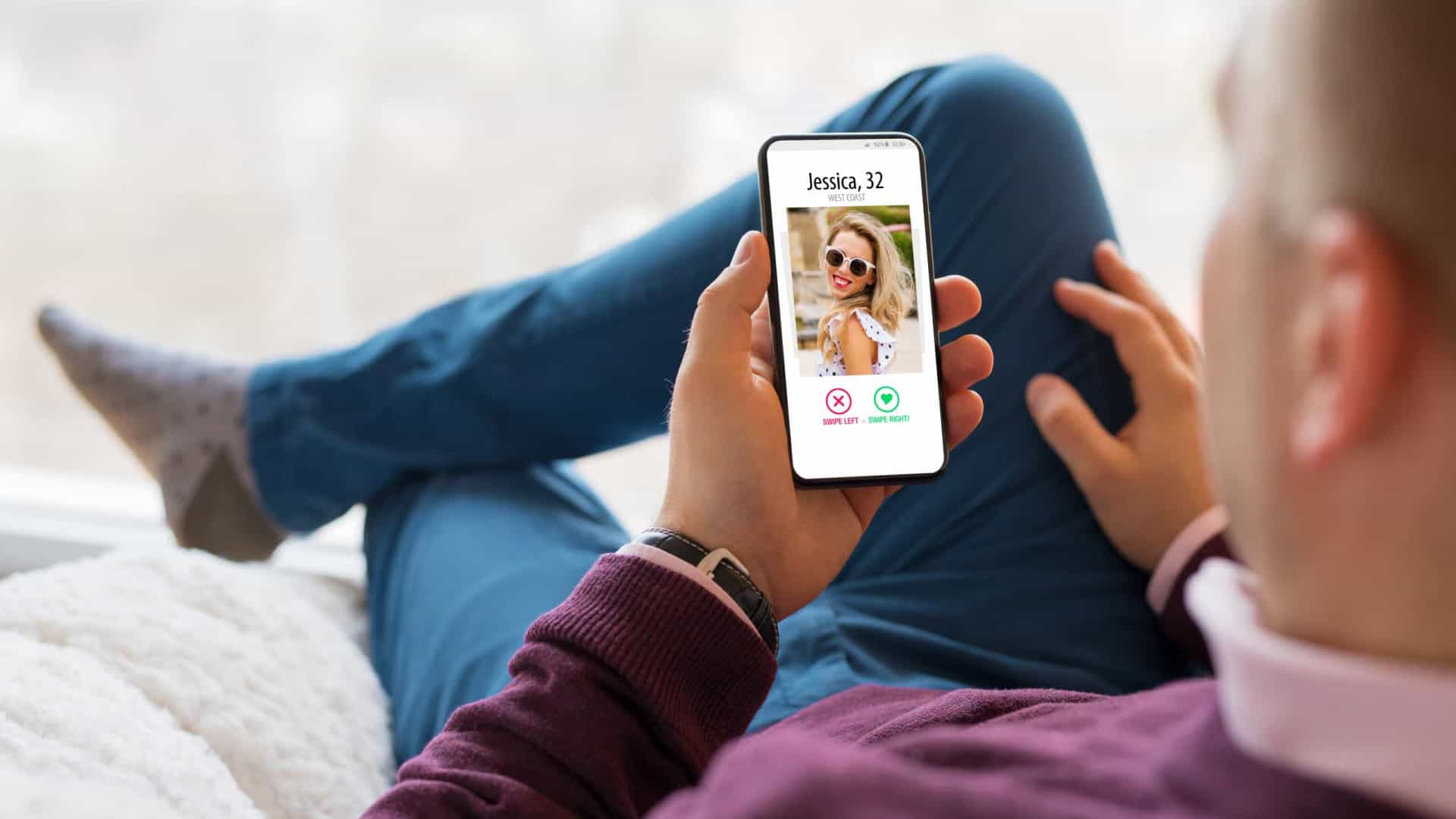RIO DE JANEIRO, BRAZIL – The relaxation of quarantine, with the reopening of establishments such as bars and restaurants, has encouraged users of relationship apps to start dating again. A survey of the Inner Circle app with keywords used by Brazilian users showed a 420 percent increase in references to “meet in person” and a 500 percent increase in “eye to eye” in early August compared to the last days of March.

Among the potential meeting venues, there was also an increase in “in my place” (205 percent), café (190 percent), lunch (178 percent), dinner (164 percent) and park (141 percent). In Brazil, the app has 343,000 users and the survey was conducted based on keywords contained in messages, but with no review of the users’ content and identity.
David Vermeulen, the app’s CEO, says that, at first, people thought they would take a “little break from flirting” to care for their health, but some began to feel lonely as the situation extended. “Singles now feel more comfortable to go out on new dates at a safe distance, as quarantine rules have been relaxed and the pandemic, along with social distancing measures, should continue for longer than most expected.”
Vermeulen believes that with a contagious virus in circulation, the behavior of people using relationship apps may undergo changes. “Not only are we adjusting to the use of hand sanitizer on a daily basis, but for flirting and dating after a pandemic, singles will be more aware of their health and will pay greater attention to hygiene. We are expecting a new trend that we are now calling clean date or ideal date. Rather than being more selective, we hope that the exclusivity aspect will feature first, because singles want to know if their dates could endanger their health.”
The 24-year-old teacher Samantha Romeira avoided dating until restaurants and bars reopened in July. With the reopening, she started dating again, but has chosen to see men she already knows.
Only acquaintances. “In this time of pandemic, it is tricky to go out with someone you don’t know. So, I’m giving an opportunity to people that I already knew. With people I don’t know, I just keep talking.” She says that, with the relaxation of quarantine, conversations about Covid-19 have changed too. “In the beginning, conversations were focused on the quarantine, on the pandemic. Now people are more relaxed.”
The survey conducted by the app showed that, in August, there was a 75 percent drop in references to coronavirus, 29 percent to quarantine and 43 percent to isolation. On the other hand, conversations about the pandemic and masks increased 915 and 310 percent, respectively. The platform also conducted a survey with 3,000 Brazilian users and asked if they were meeting in-person. A total of 64 percent said they were not, but added that they were available for dates. Another 29 percent said they are dating again and only six percent said they are neither dating nor available to go out.
Style and image consultant for men, Rodolfo Kanematsu, 32, was infected with the coronavirus when the first cases broke out. He then underwent strict quarantine. “I just want to leave this planet and go somewhere else. With this blow, I was quarantined and had no physical contact. It would be very mean to simply ignore everything that is happening in the country, because I care about the next person. There is no way not to have empathy.”
Kanematsu has restarted in-person work, and since he is no longer in complete isolation, he is now considering becoming more flexible for dates. “I’ve met interesting people during this time and there’re one or two that I’ll meet later. I’m even a little more anxious. I see girls chatting more, because things are more flexible.”
He says he will be careful, but understands that there is always a risk when meeting other people. “From the moment I go out, I’ll know that I’m taking a risk. As long as I’m not seeing someone, exclusivity is hard to detect, because I won’t know where the person has been. Lying is easy.”
Francisco Ivanildo de Oliveira Junior, an infectologist at the Emílio Ribas Institute, is concerned about this trend of resumed dating by users of dating apps.
“The first point is that some people using these apps are looking for a casual relationship and the issue of casual dating becomes worrisome when the number of partners increases. The greater the number of contacts, the greater the probability of becoming infected. And you don’t need to have a sexual contact to be infected.”
Oliveira Junior says it is difficult to establish ways to avoid the virus in this type of contact. “One would need to reduce the number of people with whom they have contact. Young people know that their chances of having the severe form are low, but they are in contact with their parents, grandparents and people who, even if not elderly, may be vulnerable, like people with chronic diseases. It is very important for us to pass on the message that the pandemic is not over, and if we can make it more flexible today, it is because there was a care. If this moderation is not present in this return, there will be a regression within a few weeks.”
Source: Estadão Conteúdo

